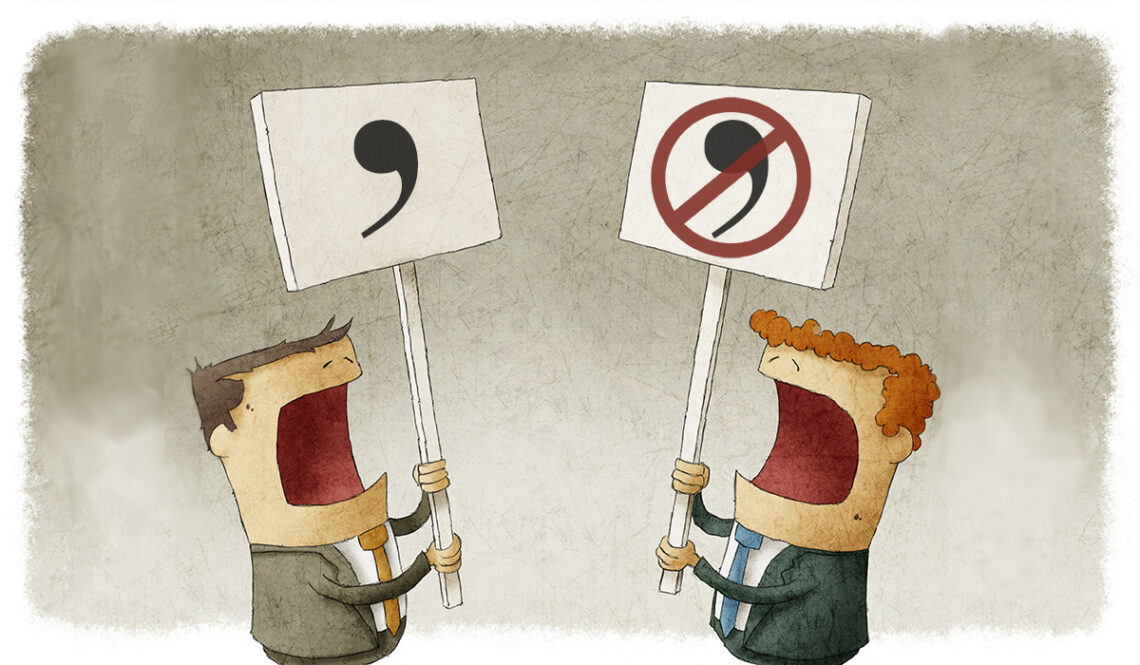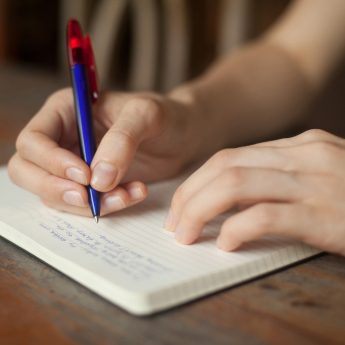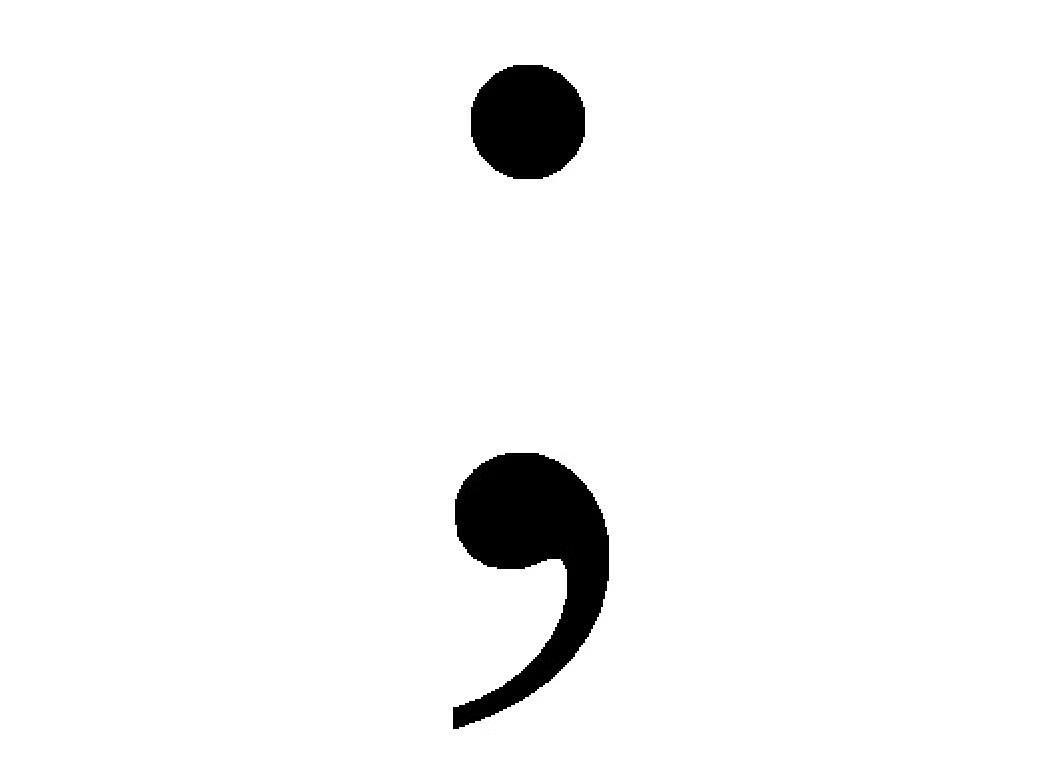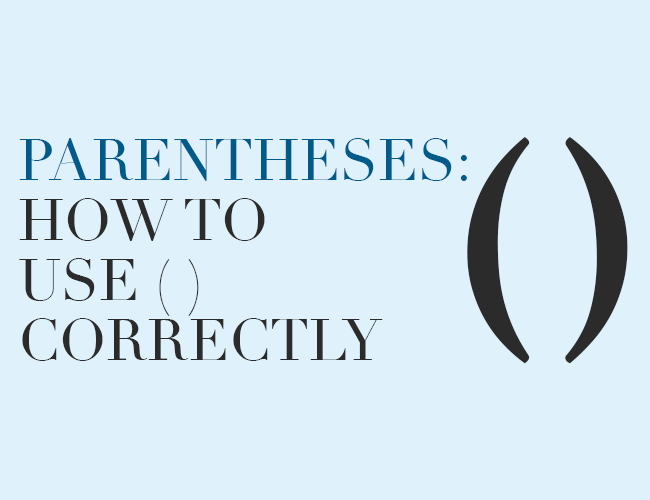The serial comma (also known as the Oxford comma) is a very controversial punctuation mark! It is so controversial that it was recently featured in a news article on the CNN website, ‘Should we give a damn about the Oxford comma?’ What Is a Serial Comma? The Macquarie Dictionary (2017) defines the…
-
-
In our last article, ‘How to Use the Semicolon: The Soft Separator’ , we explained how semicolons are used to create a close relationship between two related independent clauses. It’s useful to repeat here that the semicolon denotes a pause that is longer than a comma, but shorter than a…
-
You might remember from your early schooling that it’s a pretty safe bet to put an apostrophe before an ‘s’ at the end of a word. Chances are you’ll need one there, right? This is not always the case. There is nothing more irksome for a reader than to wade…
-
The semicolon is a punctuation mark that concurrently separates and joins; it links two clauses that could stand alone as separate sentences, but whose link to one another calls for something softer than a full stop. Case in point: the previous sentence. If you’d prefer to learn how to use semicolons by…
-
In our previous article, ‘How to Use Quotation Marks Correctly—An Introduction’, we explained the basic uses of quotation marks. In this article, we will be building on that knowledge to discuss the rules for using quotation marks in conjunction with other punctuation marks. We will be discussing the Australian English…
-
What Is a Direct Quotation? A direct quotation is when you quote an academic source or reference word for word in your essay, using quotation marks and a reference (an in-text reference or footnote) to indicate that the words belong to another author and where you found them. When Should…
-
The ‘bossy’ colon is an important punctuation mark: it commands attention, offers more information and adds emphasis. It looks like this: : The main use of a colon is to signal that additional detail is to come. Straus, Kaufman and Stern (2014), writing in The Blue Book of Grammar and Punctuation, suggest that…
-
In Part 1 of this two-part article, we established how important correct comma use is for ensuring your written communication is clearly and accurately expressed. In this second article, we continue our identification and explanation of some of the most common comma mistakes and how to avoid them. The idea is that…
-
For such a small punctuation mark, the comma plays an extremely important role in conveying your meaning to your audience. In speech, you can emphasise your meaning easily using your voice. In writing, punctuation does this job for you. Perhaps you have had the experience of a poorly punctuated email,…
-
‘Parenthesis’ (or the plural ‘parentheses’), also known more informally as ‘brackets’, is the term given to the following punctuation marks: ( ). There are two rules for using parentheses: Parentheses should always be used in pairs. Parentheses only enclose non-essential information. That means, the sentence should still make sense if…









